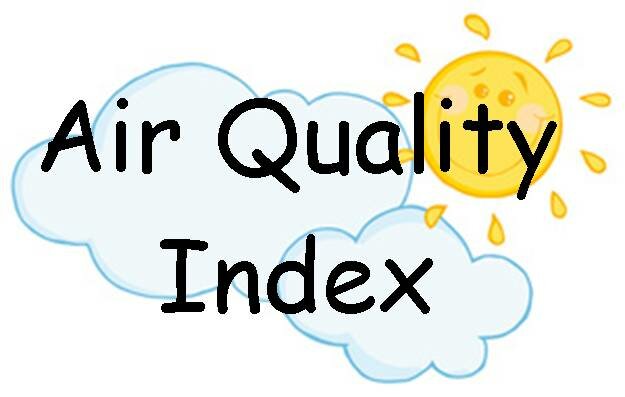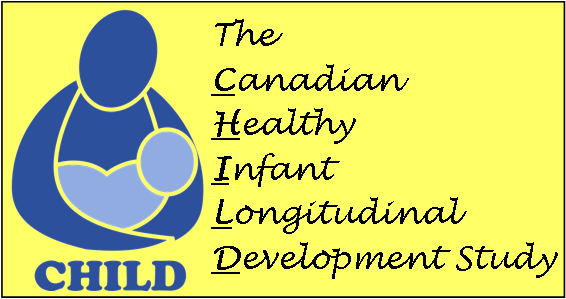- Home
-
Allergy & Asthma Information
- Asthma: The Basics
- Living With Asthma
- Asthma Tools
- Asthma Triggers
- Asthma & Eczema
- Asthma & Allergy
- Hay Fever
- How to use a:
- About Us
- Order Info
Asthma and Young Children
Could Your Child Have Asthma?
- Children can develop asthma at any age, even in the first year of life.
- Asthma is more common in children whose parents or brothers/sisters in the family have asthma, allergies or an allergic skin problem such as eczema.
- Exposure to tobacco smoke in early life causes more asthma, allergies and colds.
- Symptoms such as cough, trouble breathing or wheezing may be asthma. These symptoms may occur with colds or chest infections.
- Colds that do not seem to go away, may be asthma.
How Is Asthma Diagnosed?
- There is no good test to diagnose asthma in young children.
- Asthma is mainly diagnosed based on your child’s history, pattern of symptoms, and your family’s medical history.
- Asthma medicines may be given for a trial period to see if your child’s breathing improves.
If Your Child Has Asthma:
- Identify your child’s triggers and avoid them when possible.
- Know about your child’s asthma medicines and how to give them correctly.
- Regular visits with your doctor are important to help you control the asthma.
- Have your doctor complete a written Asthma Action Plan. As soon as you notice asthma problems, check your plan for any changes in treatment.
- Use an asthma diary or journal to keep track of changes in your child’s asthma.
- Your doctor may refer you to an asthma specialist for further tests (eg. allergy tests).
- Learn as much as you can about asthma. Ask about where asthma education is available in your area.
What Triggers Asthma?
- A trigger is anything that makes asthma worse.
- Many asthma triggers increase the swelling in the airways.
- It takes a while for this swelling to heal.
- The most common asthma triggers for children under 3 years of age are colds and tobacco smoke.
- After a cold, asthma symptoms and swelling in the airways can last for several weeks.
- Allergies to pets, house dust mites and mold are more common in children over 2 years of age.
Signs of Worsening Asthma:
Watch for early warning signs of worsening asthma such as:
- Getting a cold
- Coughing or wheezing during sleep or upon waking
- Coughing or wheezing with activity, laughing or crying
- Decreased energy level
- Needing Reliever medicine (blue inhaler) more than 3 times a week for symptoms
Early warning signs let you know that problems are starting. When you see any early warning signs, follow your Asthma Action Plan.

The Children's Allergy & Asthma Education Centre ©2012, 2014
![]()

The Children's Allergy & Asthma Education Centre
Phone: (204) 787-2551
Toll Free: 1-888-554-1141
Fax (204) 787-5040

